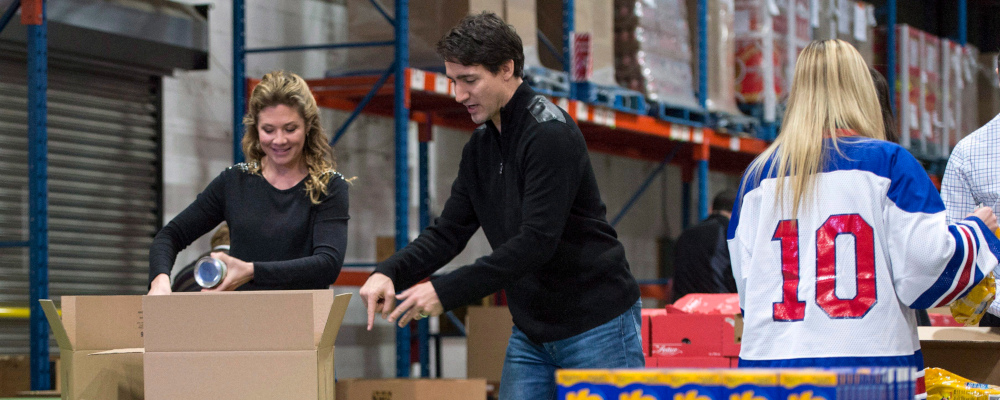In many ways being interested in politics is like having your own holiday season, only it’s called a writ period and it leads to an election. There is a lot of planning before the event, you don’t love all your relatives even though they all have to be there, and the moment it’s over you’re counting down the days until the next one arrives. The day the votes are counted and you win, is a moment when anything seems possible. When you lose, it’s a moment when you wonder what the future holds. Then it’s over, decorations are everywhere, and you’re waiting for what comes next. What do you do with the time?
There’s an easy answer for the political pundits: they turn to social media. They watch municipal races, follow every single vote in the House of Commons, and track the polls to see who will be the next prime minister of the Netherlands. If there is a general election called in Luxembourg, you can rest assured that at least two contributors to The Hub are having a viewing party. Don’t worry, it’s not until 2023.
At least it is something to talk about. But what if someone has better things to do with their time than read about which staffer is moving into a new office? This insider political rhetoric can strike an outside observer as pointless. Aren’t there public policy discussions to be had? Granted, the vast majority of mainstream news articles don’t really discuss public policy at all. So, is there a way to be politically engaged beyond casting a ballot on election day, getting trapped in the Ottawa bubble, or arguing about inflation on Twitter? There has to be, but what is it? What should the informed and political, engaged citizen do when there is no one trying to win their vote?
Being like Ebenezer Scrooge is one answer. One of the most well-known images of Christmas, A Christmas Carol, tells the story of a selfish businessman who realizes the true spirit of the season and decides to give away money to those less fortunate. But readers and viewers are left to wonder, what is he going to do the rest of the year? This is the same question we confront ourselves, thinking about the day after election day.
There is a hope that Scrooge’s realization lasts beyond Christmas day. That it is not simply a one-time show but a fundamental change of character. There’s also more to his transformation than money. He isn’t simply donating to charity, he is becoming a meaningful member of the community. He helps those in need not merely with a financial contribution but also a recognition of dignity. He takes the time to speak to those who work for him and shows respect to those people he had previously looked past on the street.
Engaging with others is one of the most valuable ways we can contribute to political life. It means to take seriously living in a community with other people, and the impact that can have on people. There’s a tendency to want to remove politics from our daily lives. Either the very idea that charity or benevolence or kindness could be political makes it less meaningful, or those small and individual interactions are not important enough to be political issues. But policy is not the beginning and end of what we value in political discourse, and election issues do not define what is significant to us. The political, engaged citizen has to actually be a citizen, and that means taking seriously what one owes to the people we encounter as we go about our day.

This is not to encourage you to make a new year’s resolution to spend more time volunteering in the community that you will undoubtedly break three weeks from now. Just like I am not going to become a better person next year by drinking less coffee. Rather, it is to recognize that being politically engaged means so much more than simply reading about politics or casting a vote on election day. There is a reason why the cost of living is such an important issue at the moment—everyone knows people who are affected by it. Four years is a long time to just sit around and wait.
So, what can you do until the next election season? Start by spending less time thinking about politics.
Recommended for You

Laura David: Red pill, blue pill: Google has made its opening salvo in the AI-news war. What’s Canadian media’s next move?

The Notebook by Theo Argitis: Mark Carney’s first major tests

The Weekly Wrap: Trudeau left Canada in terrible fiscal shape—and now Carney’s on clean-up duty

Ben Woodfinden: Lament for an ‘elbows up’ nation



